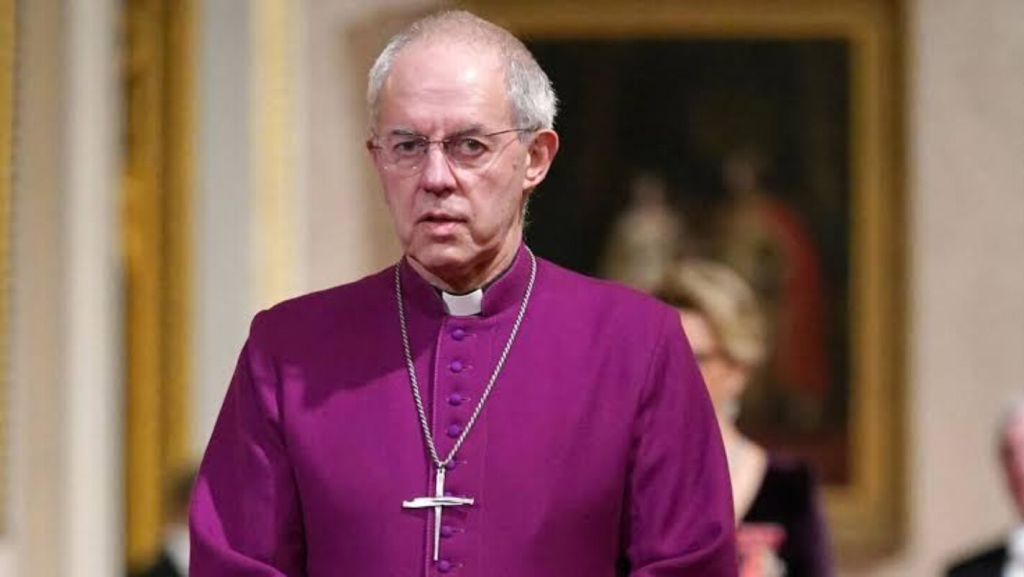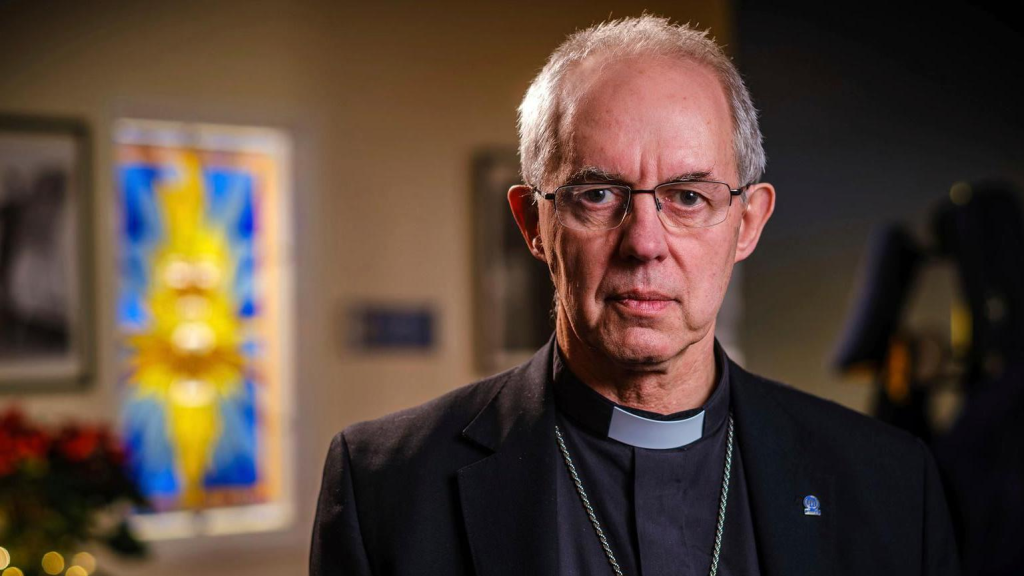On 12 November 2024, Justin Welby, Archbishop of Canterbury, officially resigned, marking the end of a tumultuous yet transformative era in the Church of England. While Welby initially planned to stay until the mandatory retirement age of 70, he faced growing pressures from within the Church and external calls for his resignation. His tenure, which began in 2013, was characterised by attempts at reform, a focus on modernising Church practices, and challenges on several fronts, including issues around church abuse scandals, LGBTQ+ rights, and traditional values. Here’s a look at why Welby ultimately decided to step down and the complex landscape he navigated during his time as Archbishop.
Welby’s Background and Vision for the Church
Welby’s background before becoming Archbishop was somewhat unique. He was a former oil executive who moved into ministry later in life, bringing a practical approach to Church leadership and administration. Known for his commitment to reconciliation, he aimed to bridge divides within the Anglican Communion and address declining church attendance.

Welby’s tenure as Archbishop involved a series of initiatives aimed at modernising and revitalising the Church. Early on, he promoted an agenda focused on inclusivity and social justice, emphasising the Church’s role in addressing issues like poverty, inequality, and mental health. Welby also sought to reform the Church’s financial structures and create a more efficient, business-oriented model, reflecting his background in corporate management. However, this approach proved divisive, with some critics suggesting that his efforts leaned too heavily on commercial strategies, a stance that led to accusations of “businessification” of the Church.
Mounting Controversies and Calls for Resignation
Several major controversies during Welby’s tenure contributed to the growing calls for his resignation. One of the most significant issues was the Church’s handling of historical abuse cases. The Independent Inquiry into Child Sexual Abuse (IICSA) in the UK highlighted shortcomings in how the Church addressed past abuse allegations. Victims and advocacy groups argued that Welby’s response was insufficient and slow-moving, and they accused him of prioritising the Church’s reputation over the needs of survivors.

This criticism intensified following revelations of alleged mishandlings in safeguarding policies, which led to widespread disappointment within the Anglican community. Some members, including other clergy, argued that Welby’s approach to abuse cases lacked both transparency and accountability. The Church’s inadequate handling of these cases left many questioning the leadership’s commitment to genuine reform and support for victims. By 2023, calls for Welby’s resignation began to emerge more publicly, with some voices within the Church openly suggesting that he step down.
Division over LGBTQ+ Rights and Church Doctrine
Another factor in Welby’s decision to resign was the growing debate over LGBTQ+ rights within the Anglican Church. The question of same-sex marriage and LGBTQ+ inclusion has been a contentious issue within the Anglican Communion for decades, and Welby’s approach sought to balance traditional views with a more inclusive stance. However, his efforts at compromise frequently led to dissatisfaction on both sides of the issue. Conservative members of the Church felt that Welby was moving away from biblical principles, while progressive groups argued that he was not doing enough to support LGBTQ+ rights.

This division reached a peak during the 2022 Lambeth Conference, where Welby’s handling of same-sex marriage discussions drew intense scrutiny. Although the Church upheld its traditional stance on marriage, Welby encouraged “a respectful difference” on the matter. This compromise satisfied few, with conservative voices criticising him for undermining doctrine and liberal members feeling his stance was overly restrictive. The tension between these factions made it difficult for Welby to establish a unified direction for the Church, and this issue remained a persistent point of division throughout his tenure.
Pressure from Church Leadership and Public Criticism
Welby also faced pressure from within Church leadership. Prominent voices, including clergy and lay members, expressed concerns over his management style and decisions. Some clergy felt that Welby’s focus on institutional reform came at the expense of pastoral care and spiritual leadership. The appointment of Paula Vennells, former Post Office executive involved in the Post Office Horizon scandal, to a senior church position was seen by some as a symbol of Welby’s flawed judgment. This appointment triggered backlash and heightened calls for his resignation from critics who believed he was out of touch with the Church’s spiritual mission.
Several bishops and members of the Synod, the Church’s governing body, voiced discontent over Welby’s leadership, with some even suggesting a vote of no confidence. Critics argued that Welby’s focus on modernising the Church and addressing social issues had overshadowed the core mission of spiritual guidance. By 2024, these critiques had grown loud enough to make his position increasingly untenable.
A Legacy of Complex Change
While Welby’s resignation marks the end of his role, his legacy within the Church of England is complex. Supporters of Welby argue that he brought a level of pragmatism and modernisation that helped the Church address contemporary social issues and engage with younger generations. His efforts to address mental health, poverty, and environmental issues brought renewed attention to the Church’s social mission. Welby also promoted ecumenical dialogue and sought to strengthen ties within the Anglican Communion, even as those efforts often met with resistance from differing factions within the Church.

Despite his achievements, Welby’s tenure was marred by the unresolved tensions between progressive and conservative elements within the Church. His approach to reform, while intended to bring the Church closer to modern society, often clashed with traditional views, leaving his legacy marked by controversy and division. For many, Welby’s efforts to reshape the Church’s role in society came at the cost of alienating more conservative members, and his inability to satisfy either faction ultimately contributed to his decision to step down.
Conclusion
Justin Welby’s resignation as Archbishop of Canterbury closes a decade marked by both ambition and discord within the Church of England. His efforts to address contemporary social issues and modernise Church practices reflect his vision of an engaged and socially relevant Anglican Church. However, the pressures he faced, from the handling of abuse cases to conflicts over LGBTQ+ rights, highlight the difficulties of leading an institution that is both steeped in tradition and grappling with modern expectations. As the Church of England prepares to select a new Archbishop, it faces the challenge of addressing these unresolved issues and finding a leader who can bridge the divides that ultimately characterised Welby’s tenure.
_________________________________
We’re amazed to have you as a member of our community. Your time here means so much to us. Just to let you know, we organise workshops, seminars, and youth engagement programmes. Therefore, we indulge you to partner with us for sponsorship and other forms of social enterprise. Find other related articles on our website and follow us on Instagram @InsideSuccessNigeria for more updates.
Thank you!



Leave a Reply